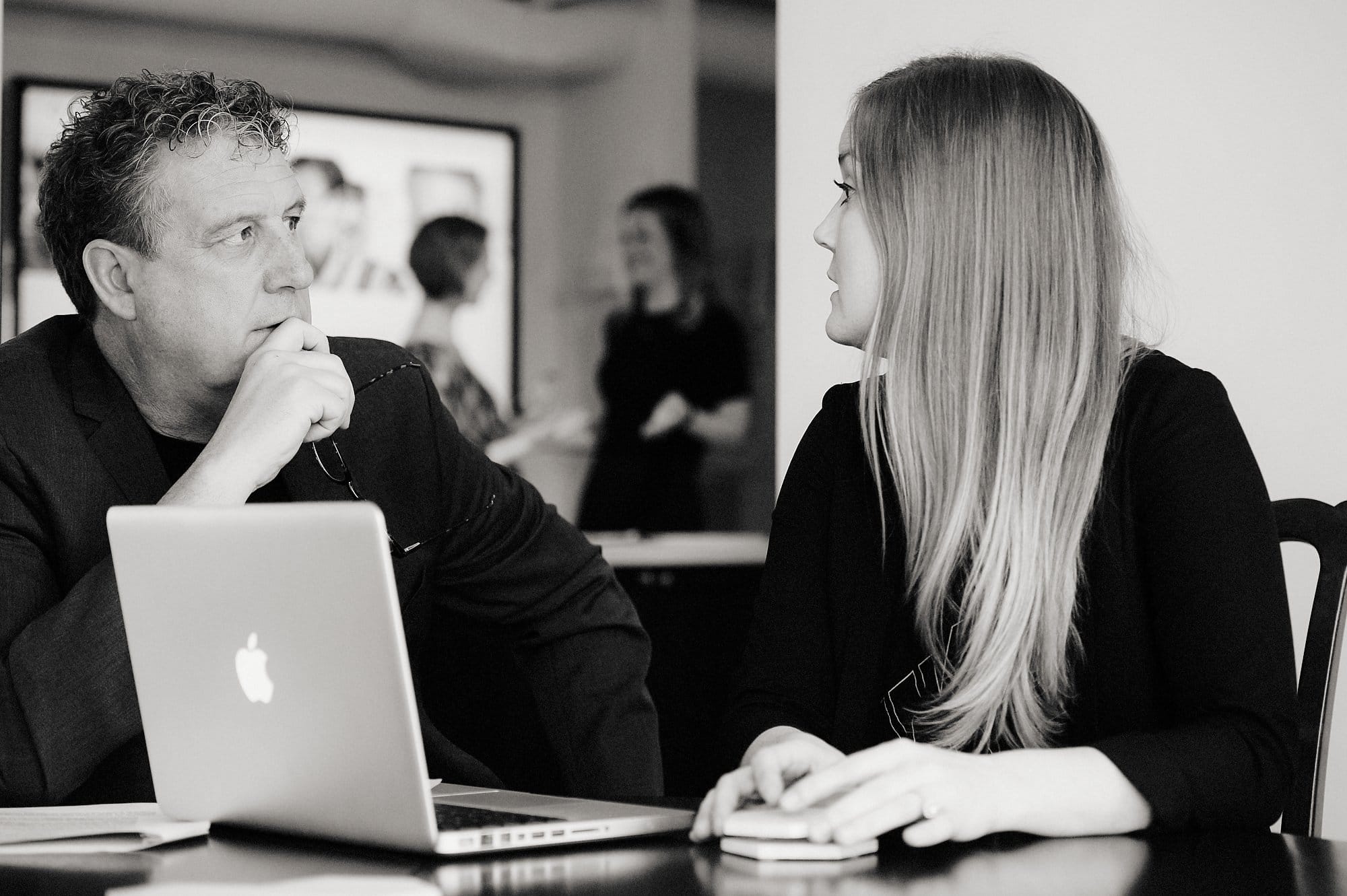
This month I’ve been reflecting on the importance of language. We rely so heavily on words – they’re the building blocks of everything. And yet there’s so much potential for miscommunication based on the different connotations we all have with certain words. Language can determine whether an environment is exclusive or welcoming, uncomfortable or respectful, volatile or productive. And, since our speech is so ingrained and habitual, it’s also a clear revealer of our unconscious biases.
Our team recently had a discussion about the kind of language that bothers us as female professionals. Much of what came up was what this article (a great resource!) refers to as “benevolent sexism.” These are words, such as terms of endearment, that “may seem polite or harmless, but […] undermine authority and impact perceptions about women’s competence.” As a team of all women, we often get called “girls,” and terms like “sweetie” are pretty commonplace.
I find this language belittling, particularly from men I don’t have a personal relationship with. And while it’s not (usually) intended this way, intent is not the same as impact. Gendered words that get used in the workplace don’t exist in a vacuum – they reinforce sexist attitudes and structural power imbalances that affect women’s livelihoods.
Another thing I’ve also noticed is the discrepancy between the words used to describe male and female leaders in our industry (similar to what’s described in this article). This may seem trivial, but when you think about how it correlates with the low percentage of women in the industry, particularly in leadership positions, it takes on a deeper significance.
Language is one of the easiest ways we can show respect, yet there is often a feeling of resistance when a person or group of people asks us to change the words we use. Some of you may have even felt resistant or defensive reading this post. Trust me, I get it! I feel the same way when I learn that words I use are causing harm.
Language feels like a difficult thing for all of us to change, but we really can re-train ourselves. It’s about having the humility to admit when we’re wrong, the vulnerability to ask, and the empathy to make the effort.




